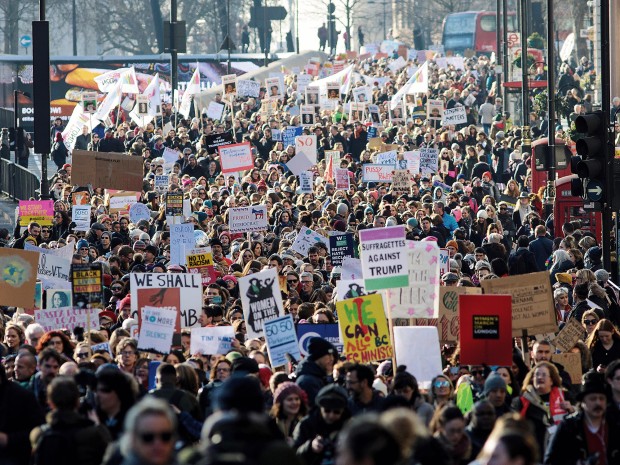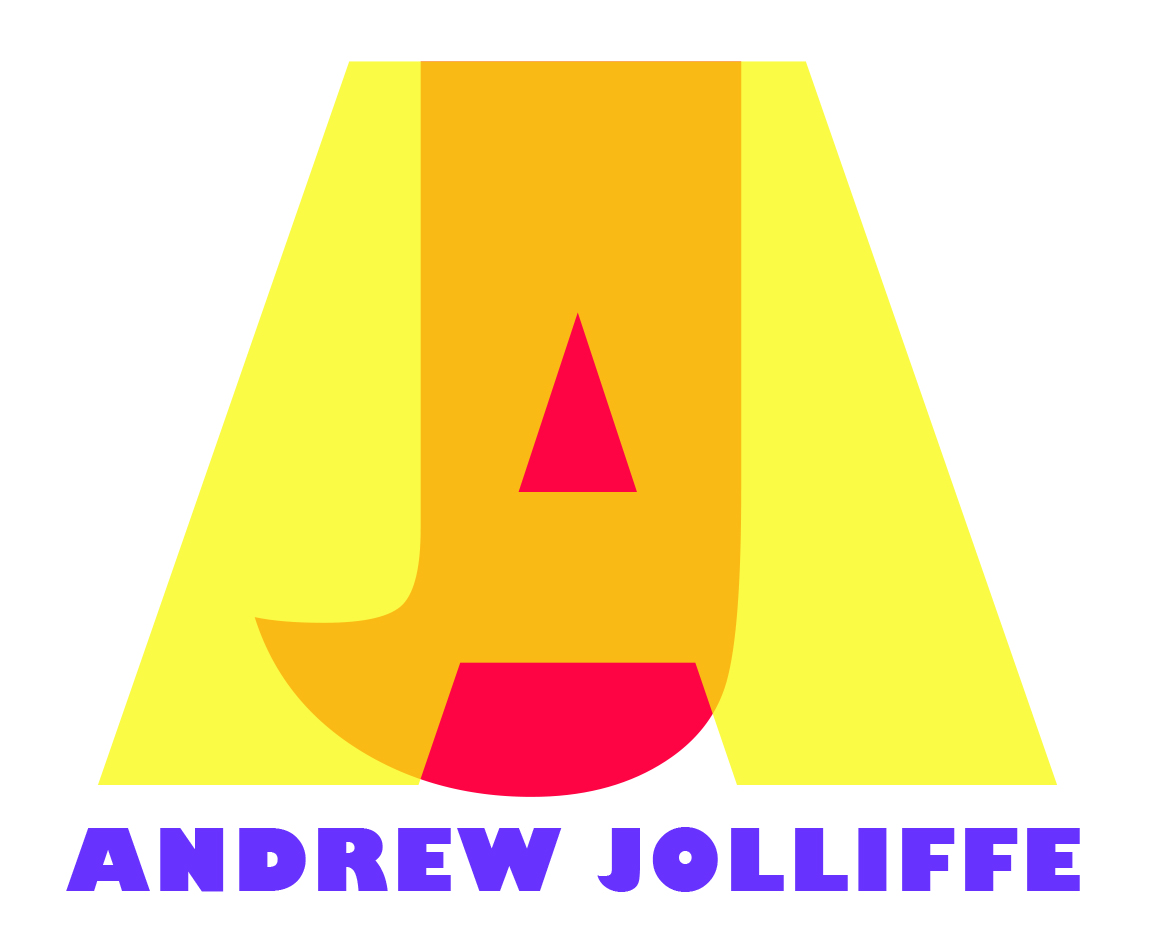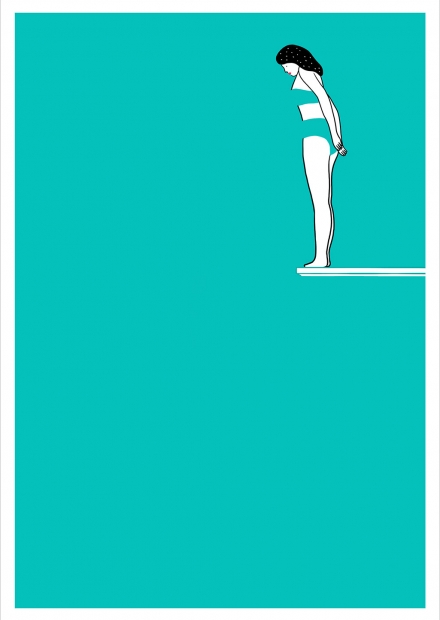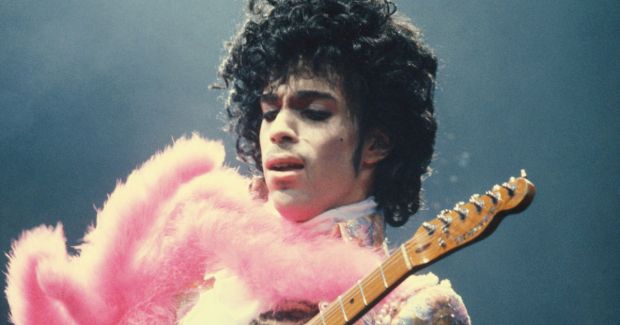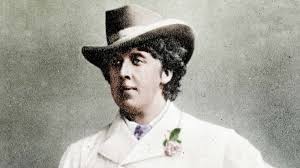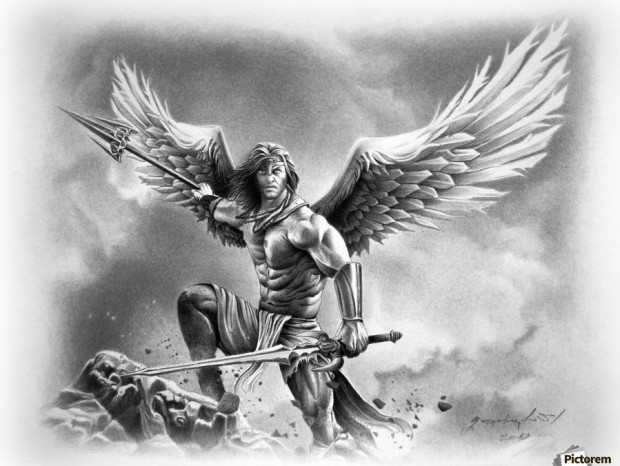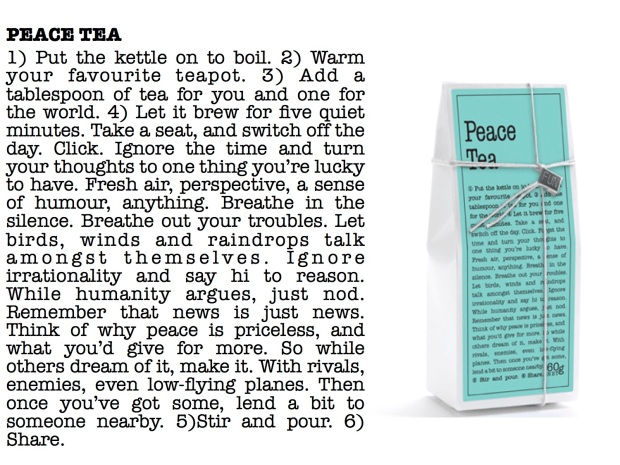But before, another thank you.
Thank you, George.
Today, copy king George Tannenbaum’s brilliantly illustrious blog ad aged talked about diversity.
Or rather, the lack of it.
Like George, I love diversity. It’s why I don’t belong to any particular social set. I hate cliques. My friends range from craftsmen to homeless folk to doctors to MPs to carers to evangelists and I adore them all. I believe nobody should be excluded on grounds of anything. We all have the same DNA, so we are all one and all capable.
And today, we should all be acting as one. More than ever. The future of the human race demands it.
So, somebody tell me this. Why are so many excluded on grounds of experience? Not the lack of it. The richness of it. Not just a richness of professional experience, but life itself.
I don’t get it. Because in a business like ours, real-life experiences are the real seeds of ideas. The richer your past life, the richer your mental bank of images, phrases, sights, smells, human traits, stupid stuff. Stuff you actually have to search for online, use and forget. Come across it for real and it sticks around till the right brief can make use of it.
So, I’m very glad I did other things before becoming a copywriter and still do other things other than copywriting. It’s an insurance policy against going stale. It’s protected me so far, I’ve made plenty of claims, and I’m busy.

Advertising is my third career. I left school at 16 with five poor o-levels and first learned to build organs. Like any apprentice I started with tea-making, floor-sweeping, daily bollockings and an initiation ritual of having a pint of animal glue poured down my y-fronts. But I ended up tuning the organ in St. Paul’s for Prince Charles’s wedding, winning the industry’s only national award, becoming a foreman and eventually fleeing to Italy.
Italy was a joy. The factory was in a mini-heaven fringing the Italian Alps, alongside a restaurant run by an old lady who collected stuffed lambs. Work took me to Naples, Cassino, Rome, Venice and Amalfi, where I learned to foxtrot. I ate in silence with the monks of Montecassino. I sang plainchant and bought a pig.
They egged me to stay. I was too young to settle. Back in London, I met up with an old mate who put on firework shows for horsey nouveau-riche weddings and tagged along with him.
The shows were fun but spectacularly unimaginative, so I bought his business. Over six years, Fox Fireworks worked for Microsoft, Budweiser, BMW, Ogilvy (the move to the wharf), Archbishop Desmond Tutu, The Queen, Sir Terence Conran and Prince Charles. We worked in Dubai, Bahrain, the West Indies, Ankara, Lagos and Seoul and designed the shows for Disneyland Paris.
Foreign jobs were a challenge. Fireworks had to go by sea, though our shippers did screw up once and put half a ton of large-calibre star shells on a tourist plane to St. Lucia. And then our Dubai agent shafted us for £35,000.
A week later came a nasty bang. At Eton College, a shell caught a freak air current, hit the crowd and three Dutch models left with third-degree burns. It’s why a firework company’s biggest expense is insurance. But I could hardly live with it. I sold up.
Where now? Thinking back, the bit I’d enjoyed most about the fireworks business was designing the shows and wowing people. Advertising, I thought, might be like that.
I wrote to fifty creative directors and three got back. Axel Chaldicott told me to buy a pad and pens and write some ads. Simon Kershaw said I was nuts but so was he. And Patrick Collister sent a copy test. I described a stapler, invented a barcode-reader for nut allergy sufferers and tried to write an ad for a cattery.
Patrick gave me a month’s try and a daily bollocking, pairing me up with a Scottish lad whose vocabulary extended to “uh”, “aye” and “och”. I was a rag-arsed apprentice again. But because I was so clueless, many a soul took heart and showed me the way. That was Ogilvy. And two years later came my first award. In New York, for an ad for vaccines.
Ogilvy gave me five years. Then came a stretch at BBH under Will Awdry, thankfully as merciless a man as Collister. I freelanced, was CD of a small place that went belly-up and started my own agency, called just Andrew Jolliffe. It grew 700% in two years.
But alas, cancer stopped it all. The thing was like a rugby ball. It had obviously grown faster than my agency. I sold up, and mercifully in the same week, Ogilvy rang.
Days after, I was a group head on American Express under the genteel Colin Nimick. But a year later left for Paris, city of tradition, romance, cheese, curiosity and bureaucracy, for three weeks at Ogilvy to freelance on IBM.
Eleven years later I was still there. I worked on a thousand things, helped win almost as many pitches and, above all, met as many people, some of whom I’ll love forever.
I won Lions and other things there, too. My best prize, though, is a BAFTA for a short film made with the animator Darren Price. BAFTAs are honours.
Finally freelance, I’m just as much a chameleon. I conceive and execute. Write major brand strategies. Set tones of voice. Write pitch manifestos that win. Plan. Oversee. Craft. Lecture Students. Help young teams. Buy them champagne when they’ve won and I’ve helped.
And above all, I’m a writer. A writer-writer. A wordsmith. In an age where concepts and data use cast shadows over craft, it’s a reason to be proud.
Right, some wisdom for newcomers. First, do stuff. I’ve written classical music, been in TV cookery shows, helped MPs get to power, been a film extra, cooked for lords, played in orchestras, sung under Leonard Bernstein and André Previn, kept bees, studied glassblowing, reviewed bars for Tatler, ballroom danced, learnt the cello, eloped with an actress and met the Queen Mother. I feed Paris’s homeless, support new musicians and sing at the Sorbonne. Experiences turn into ideas that can go down on paper straight from the head.
Never underestimate craft. Craft makes ideas live. A brilliant concept is dull without it. Craft says that brands care. Polish with passion till your eyes glaze over. Let no-one say “that’ll do” before you do.
Don’t arse-lick, suck up to your superiors, screw the boss or do politics to get ahead. That all stinks. You’ll get found out. Just be great.
Speak what you think. Today, people say something’s great because their colleagues do. If it’s brilliant, say so. When it’s crap. Say it’s crap. Make people wince. Nobody will fire you.
Let life take you places. I’ve worked in deserts, cathedrals, temples, ice rinks, glaciers, coral reefs, paddy fields, palaces and the DMZ between the two Koreas as well as agencies. I’ve had a Kalashnikov stuck in my back. You’ve got to do these things.
So, here’s a message to the majority of agencies the world over. I’m not unique. I’m just a jobbing copywriter who happens to have lived. All creatives have. Very probably much, much more than me. They are your savings accounts of inspiration, where life itself has deposited experience that’s gained interest over time. What can be more precious?
In the name of true diversity, never discriminate. Especially against an asset.
Thank you, George.
